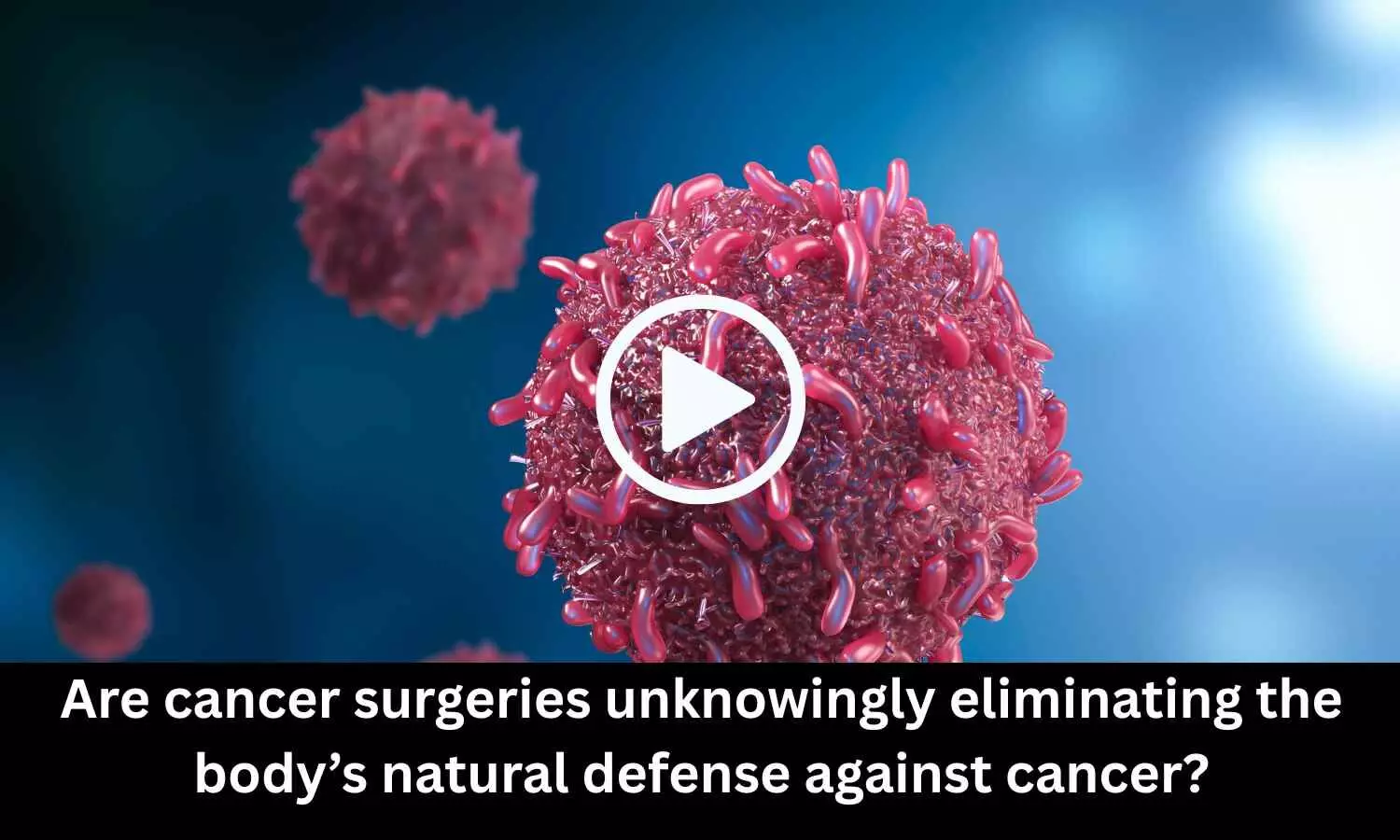Are cancer surgeries unknowingly eliminating the body's natural defense against cancer? Study sheds light
- byDoctor News Daily Team
- 25 October, 2025
- 0 Comments
- 0 Mins

Scientists from the Peter Doherty Institute for Infection and Immunity have uncovered vital roles oflymph nodesin fighting persistent infections andcancerby orchestrating stem-like T cell activity. Published in Nature Immunology, these findings reveal that lymph nodes create an optimal environment for stem-like T cells to survive, proliferate, and generate "killer" T cells that attack viruses and tumors. Lymph nodes play vital roles in fighting persistent infections and cancer by serving as specialized hubs that support and orchestrate stem-like T cell activity. These immune organs provide an optimal environment for stem-like T cells—a crucial subset of immune cells—to survive, multiply, and differentiate into highly effective "killer" T cells that target viruses and tumors. Unlike other organs, such as the spleen, lymph nodes actively train and prepare these T cells, enhancing the body’s immune defenses. The study used animal models to examine how lymph nodes regulate immune cell dynamics, tracking molecular signals that control stem-like T cells and their differentiation into effector cells. Researchers emphasized that removing lymph nodes during cancer surgery—a common practice to prevent tumor spread—might impair immunotherapy effectiveness, such as checkpoint blockade or CAR T cell treatments. Preserving lymph nodes could enhance immune responses and improve treatment outcomes. Professor Axel Kallies, senior author, stated, “Lymph nodes aren’t just passive waiting rooms; they actively train T cells to fight disease.” First author Dr. Carlson Tsui added that therapies should focus on maintaining and boosting lymph node function to harness natural immunity more effectively. This research explains why some patients respond better to immunotherapies, linking lymph node health with the body's ability to produce cancer-fighting T cells. Clinical collaborations aim to translate these discoveries into patient care, potentially revolutionizing cancer treatment by incorporating lymph node preservation and targeted immune activation strategies. 1.Carlson Tsui, et.al.; etLymph nodes fuel KLF2-dependent effector CD8 T cell differentiation during chronic infection and checkpoint blockade. Nature Immunology, 2025; 26 (10): 1752 DOI: 10.1038/s41590-025-02276-7 2.Sharanya K. M. et.al.; Lymph-node-derived stem-like but not tumor-tissue-resident CD8 T cells fuel anticancer immunity. Nature Immunology, 2025; 26 (8): 1367 DOI: 10.1038/s41590-025-02219-2
Disclaimer: This website is designed for healthcare professionals and serves solely for informational purposes.
The content provided should not be interpreted as medical advice, diagnosis, treatment recommendations, prescriptions, or endorsements of specific medical practices. It is not a replacement for professional medical consultation or the expertise of a licensed healthcare provider.
Given the ever-evolving nature of medical science, we strive to keep our information accurate and up to date. However, we do not guarantee the completeness or accuracy of the content.
If you come across any inconsistencies, please reach out to us at
admin@doctornewsdaily.com.
We do not support or endorse medical opinions, treatments, or recommendations that contradict the advice of qualified healthcare professionals.
By using this website, you agree to our
Terms of Use,
Privacy Policy, and
Advertisement Policy.
For further details, please review our
Full Disclaimer.
Recent News
Common cholesterol-lowering drugs may reduce risk...
- 27 October, 2025
Colchicine Fails to Improve Outcomes in Long COVID...
- 27 October, 2025
Study uncovers link between brain activity, energy...
- 27 October, 2025
Early-Life Sugar Restriction Linked to Lower Adult...
- 27 October, 2025
Daily Newsletter
Get all the top stories from Blogs to keep track.


0 Comments
Post a comment
No comments yet. Be the first to comment!